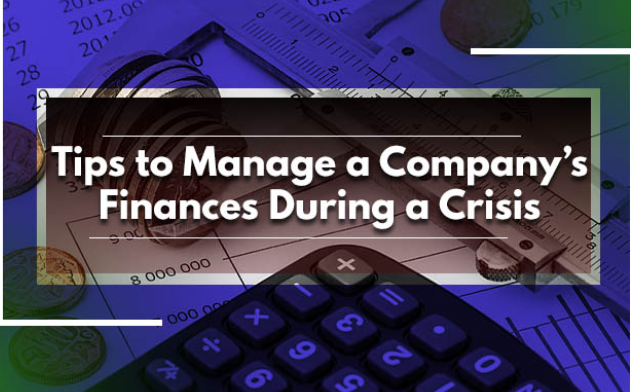1. Assess Your Financial Situation:
Evaluate: Begin by taking a close look at your current financial situation. This includes assessing your income, expenses, savings, debts, and assets.
Understand the Impact: Understand how the crisis is affecting your finances. Are you experiencing a loss of income, increased expenses, or unexpected medical bills?
Create a Budget: Based on your assessment, create a detailed budget that outlines your essential expenses (e.g., housing, utilities, groceries) and non-essential expenses (e.g., entertainment, dining out). This will help you prioritize your spending.
2. Cut Discretionary Spending:
Prioritize Essentials: During a crisis, focus on covering your essential expenses first. Cut or reduce non-essential spending as much as possible.
Review Subscriptions: Cancel or pause subscriptions and memberships that you can live without temporarily, such as streaming services, gym memberships, or magazine subscriptions.
Shop Wisely: Be mindful of your grocery and shopping habits. Look for discounts, use coupons, and consider buying generic brands to save money.
3. Negotiate with Creditors:
Contact Lenders: If you have loans or credit card debt, contact your lenders or credit card companies to discuss temporary relief options. Many are offering forbearance or deferment during crises.
Interest Rate Reduction: If you have good credit, inquire about lowering your interest rates on loans and credit cards, which can reduce your monthly payments.
Consolidate Debt: Consider consolidating high-interest debts into a lower-interest loan or credit card to reduce your overall interest costs.
4. Emergency Fund and Savings:
Use Your Emergency Fund: If you have an emergency fund, this is the time to use it for essential expenses. An emergency fund is designed to help you during times of financial crisis.
Build a Bare-Bones Budget: If your emergency fund won’t cover all your essential expenses, create a bare-bones budget that includes only the most critical bills.
5. Generate Additional Income:
Part-Time Work: Explore part-time job opportunities or gig work that you can do from home or in your local community.
Online Freelancing: Consider freelance work or online gigs that align with your skills and interests. Websites like Upwork, Freelancer, and Fiverr can connect you with potential clients.
Sell Unneeded Items: Sell items you no longer need or use through online marketplaces like eBay, Craigslist, or Facebook Marketplace to generate extra cash.
6. Prioritize High-Interest Debt:
Focus on Debt Reduction: If you have multiple debts, prioritize paying off high-interest debt, such as credit card balances, as quickly as possible.
Snowball or Avalanche Method: Choose a debt repayment strategy that works for you. The debt snowball method involves paying off the smallest debts first, while the debt avalanche method targets the highest-interest debts.
7. Seek Financial Assistance:
Government Programs: Research government programs, grants, and assistance available during crises, such as unemployment benefits, food assistance, and housing relief.
Charitable Organizations: Reach out to local charitable organizations, nonprofits, and community groups that may offer financial assistance, food, or other support.
8. Avoid Impulsive Decisions:
Think Before You Spend: Avoid making impulsive financial decisions during a crisis. Take time to consider the long-term consequences of your actions.
Seek Financial Advice: If you’re unsure about a financial decision, seek advice from a financial counselor, advisor, or trusted friend or family member.
9. Plan for Recovery:
Rebuild Your Emergency Fund: After the crisis has passed, prioritize rebuilding your emergency fund to prepare for future emergencies.
Review and Adjust: Continuously review and adjust your budget and financial plan as your situation changes. This flexibility is crucial during uncertain times.
Invest in Financial Literacy: Use this time to improve your financial literacy and gain a better understanding of personal finance principles.
Remember that financial crises are temporary, and with careful planning and responsible financial decisions, you can navigate through them. Seek support from financial professionals or organizations when needed, and stay focused on your long-term financial goals to emerge from the crisis stronger and more financially secure.
